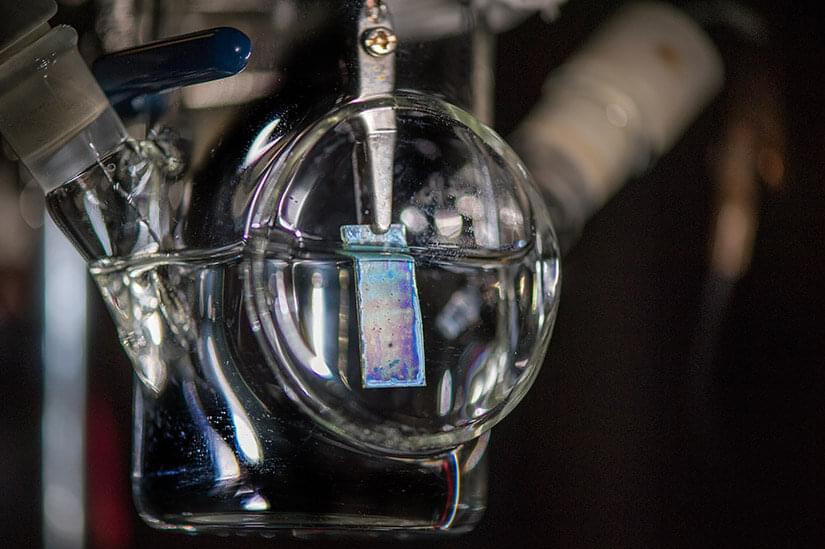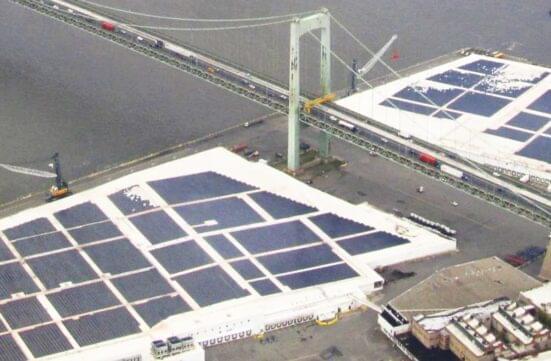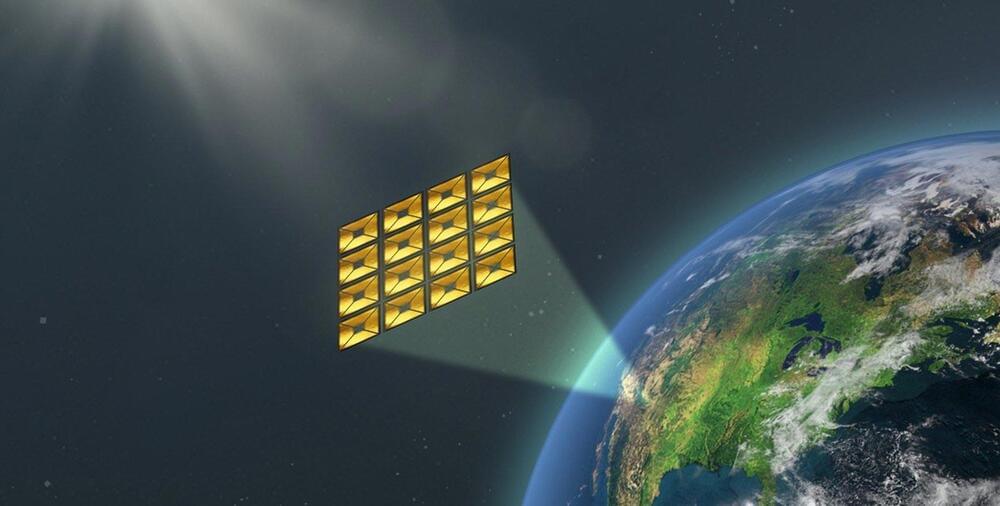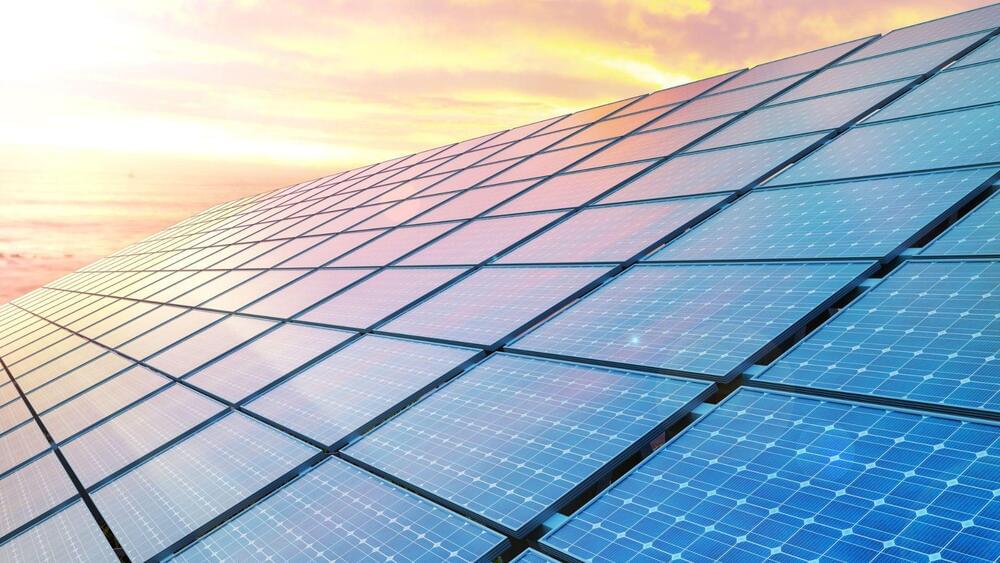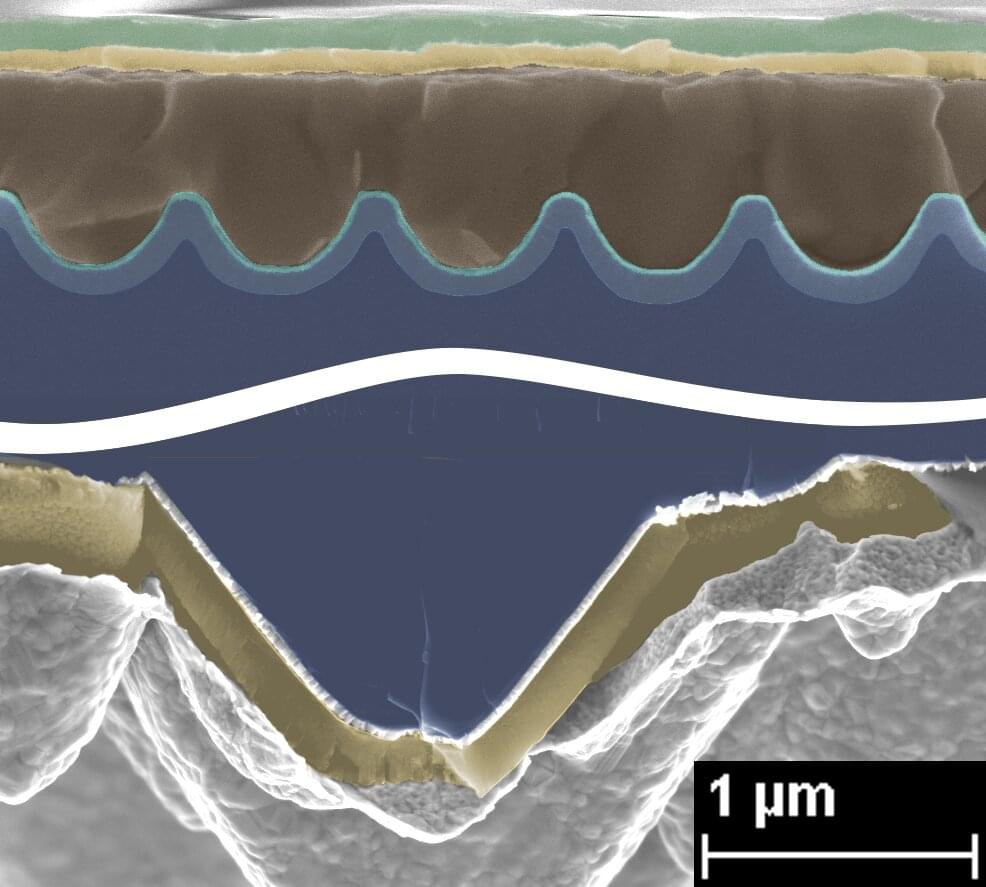Nov 6, 2022
Stretchable, Flexible, Wearable Solar Cells Take Top Prize at Research Expo 2016
Posted by Dan Breeden in categories: computing, engineering, health, nanotechnology, solar power, sustainability, wearables
Solar cells that are stretchable, flexible and wearable won the day and the best poster award from a pool of 215 at Research Expo 2016 April 14 at the University of California San Diego. The winning nanoengineering researchers aim to manufacture small, flexible devices that can power watches, LEDs and wearable sensors. The ultimate goal is to design and build much bigger flexible solar cells that could be used as power sources and shelter in natural disasters and other emergencies.
Research Expo is an annual showcase of top graduate research projects for the Jacobs School of Engineering at UC San Diego. During the poster session, graduate students are judged on the quality of their work and how well they articulate the significance of their research to society. Judges from industry, who often are alumni, pick the winners for each department. A group of faculty judges picks the overall winner from the six department winners.



